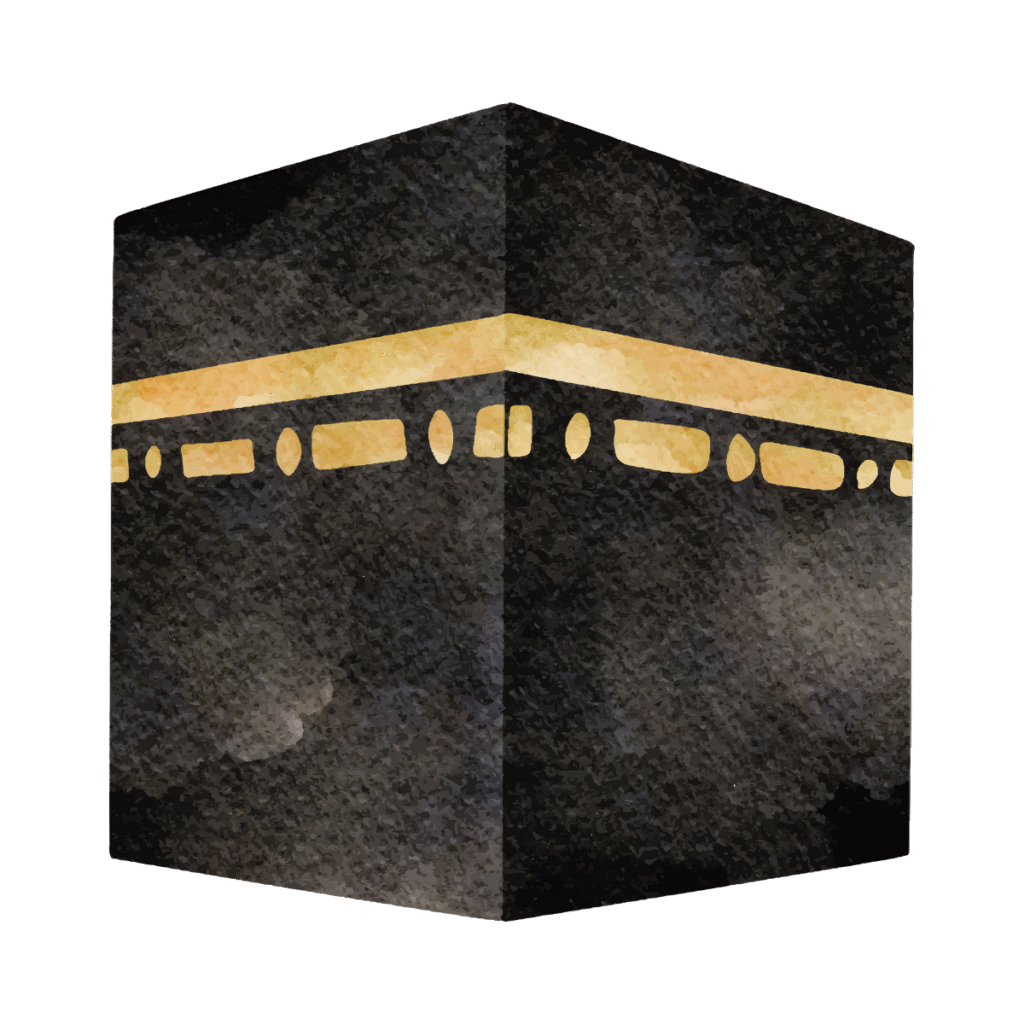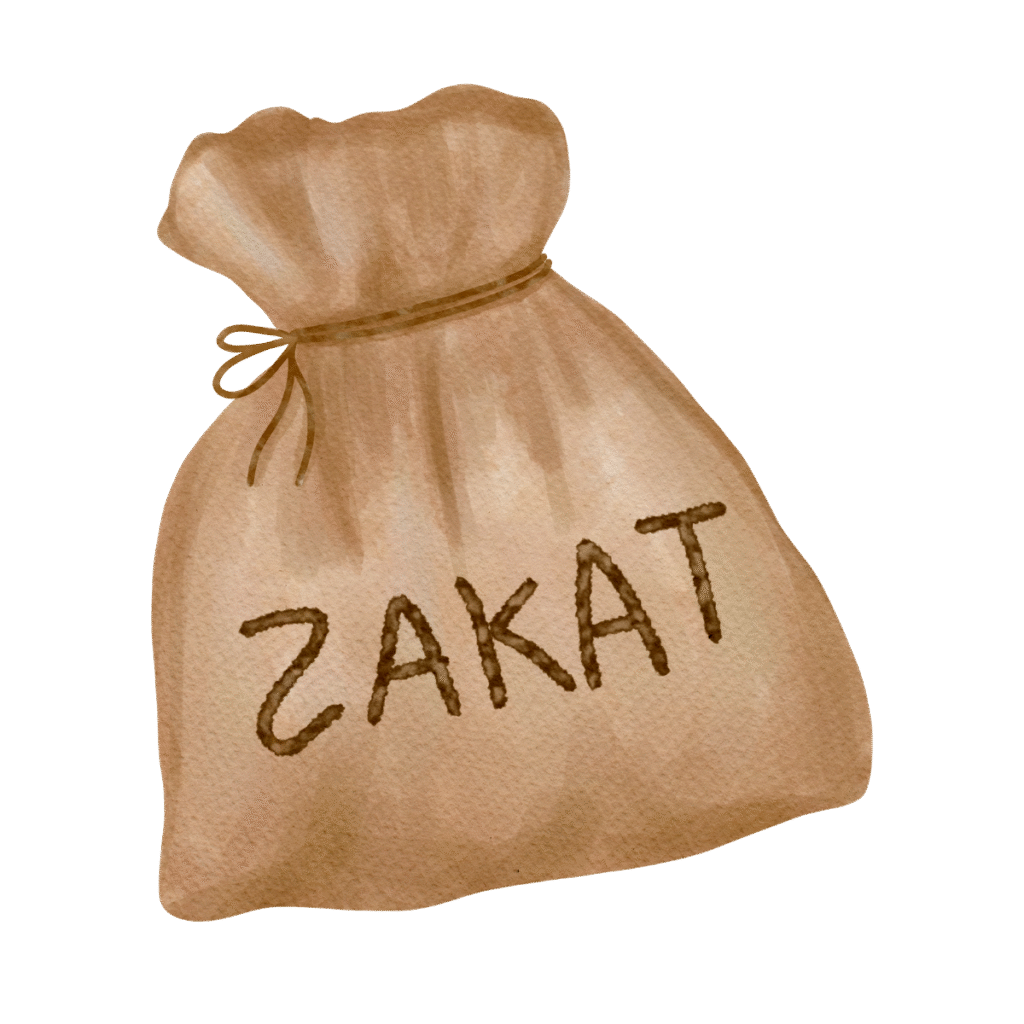In Islam, the 2 main scriptures we have are the Qur’an and the Hadith. They are distinct yet complementary sources in Islam.
Qur’an
- The Qur’an is the divine scripture of Islam, revealed directly by Allah to the Prophet Muhammad (ﷺ) through the Angel Jibreel (Gabriel).
- It is considered the verbatim word of Allah, unmatched in its language and content, and serves as the ultimate guide for all aspects of life.
- The Qur’an is universal and eternal, addressing all humanity and preserving its message without alteration since its revelation.
Preservation of the Qur’an
The preservation of the Qur’an is a remarkable process that involved both oral and written means, ensuring that the original text remains unchanged since its revelation. Here’s how the Qur’an was preserved:
- Oral Tradition:
- From the very beginning of the Qur’an’s revelation, the Prophet Muhammad (ﷺ) and his companions committed the verses to memory. Many companions, known as Hafiz (memorisers of the Qur’an), memorised the entire Qur’an, and they were highly respected for their ability to preserve the text in its entirety.
- The Prophet Muhammad (ﷺ) encouraged memorisation and recitation, ensuring that the Qur’an was passed down through generations by oral transmission, known as tawatur (continuous transmission).
- Written Documentation:
- During the Prophet’s lifetime, the Qur’an was written down on various materials like parchment, palm leaves, and bones by scribes who would record the revelations as they were revealed.
- After the death of the Prophet Muhammad (ﷺ), the written fragments of the Qur’an were compiled into a single codex by a group of companions, led by the third caliph, Uthman ibn Affan. This compilation ensured that the text was uniformly standardised and accurately reflected the original revelation.
- Uthman ordered multiple copies of this codex to be distributed to different regions of the Islamic empire, and all other versions were collected and destroyed to prevent discrepancies.
- Standardisation and Compilation:
- Under Uthman, the codified Qur’an became the standard text used by all Muslims, preventing variations in the recitation or writing of the Qur’an.
- The order of the verses and surahs (chapters) was also standardised, based on the Prophet’s instructions. While the order of the surahs was not chronological, it was based on divine guidance.
- Preservation Through Recitation:
- The method of recitation (Tajweed) was established to preserve the correct pronunciation of the Qur’an and ensure that the recitation remained identical across generations.
- Different schools of recitation (known as Qira’at) were established, but all of them are rooted in the same text and maintain its integrity.
- Divine Protection:
- The Qur’an has been divinely protected from corruption. Allah Himself promises in the Qur’an: “Indeed, it is We who sent down the Qur’an and indeed, We will be its guardian.” (Surah Al-Hijr, 15:9)
- This divine promise ensures that the Qur’an will remain intact, without change or alteration, until the end of time.
Through these methods, the Qur’an has been preserved in its original form, and millions of people continue to memorise and recite it in the exact manner as it was revealed.
Hadith:
- The Hadith comprises the sayings, actions, and tacit approvals of the Prophet Muhammad (ﷺ), recorded by his companions and later compiled into collections.
- It serves to explain, contextualize, and provide practical examples of how to implement the teachings of the Qur’an in daily life.
- Unlike the Qur’an, the Hadith is not the direct word of Allah but holds significant authority as it reflects the Prophet’s divinely guided conduct.
Key Differences:
- Source: The Qur’an is divine revelation, while the Hadith is the Prophet’s inspired teachings and practices.
- Language: The Qur’an is in its original Arabic form, regarded as a miracle in its eloquence. The Hadith exists in narration and commentary forms, often with varied linguistic structures.
- Authority: The Qur’an is the primary source of Islamic law and guidance; the Hadith is secondary but essential for understanding and applying the Qur’an.
Essential Arabic Vocabulary
This vocabulary will be used throughout the rest of this guide. Familiarising oneself with these key Islamic terms is essential because they help understand the core principles and practices of Islam. Knowing these terms allows Muslims to perform acts of worship correctly, follow the teachings of the Qur’an and Sunnah, and connect with the broader Muslim community. It ensures they fulfil their religious obligations and strengthens their spiritual journey.
- Surah (سورة) A chapter of the Qur’an. There are 114 surahs in the Qur’an.
- Salah (صلاة) The Islamic act of worship, also known as prayer. It is performed five times a day by Muslims.
- Hadith (حديث) The sayings, actions, and approvals of the Prophet Muhammad (ﷺ) that are used as a source of guidance alongside the Qur’an.
- Rakaat (ركعة) A unit of prayer. Each Salah consists of a set number of rakaat, typically 2, 3, or 4, depending on the prayer.
- Zakaat (زكاة) A form of almsgiving or charity, which is one of the Five Pillars of Islam. It is obligatory for Muslims who meet a certain financial threshold.
- Hajj (حج) The pilgrimage to Makkah that every Muslim must undertake once in a lifetime if financially and physically able. It is one of the Five Pillars of Islam.
- Shahada (شهادة) The declaration of faith in Islam: “There is no god but Allah, and Muhammad is His Messenger.”
- Shirk (شرك) The act of associating partners with Allah, considered the gravest sin in Islam.
- Tawheed (توحيد) The concept of the oneness of Allah. It is the foundation of Islamic belief.
- Sunnah (سنة) The teachings, practices, and examples set by the Prophet Muhammad (ﷺ). It complements the Qur’an in guiding Muslims.
- Wudu (وضوء) The ritual purification before performing Salah. It involves washing specific parts of the body like the hands, face, and feet.
- Niyyah (نية) The intention behind an action. In Islam, every action should be performed with the sincere intention of pleasing Allah.
- Kaaba (الكعبة) The sacred cube-shaped building in Makkah, towards which Muslims face while performing Salah. It is the most important site in Islam.
- Qibla (قبلة) The direction towards the Kaaba in Makkah, which Muslims face when performing Salah.
- Dua (دعاء) Supplication or prayer to Allah, asking for help, guidance, forgiveness, or blessings.
- Fard (فرض) An obligatory act in Islam. It can refer to duties such as the five daily prayers or fasting during Ramadan.
- Ramadan (رمضان) The ninth month of the Islamic lunar calendar, during which Muslims fast from dawn until sunset, refraining from food, drink, and other physical needs.
- Sawm (صوم) The act of fasting, particularly during the month of Ramadan.
- Suhoor (سحور) The pre-dawn meal consumed by Muslims before beginning the fast during Ramadan.
- Iftar (إفطار) The meal eaten by Muslims to break their fast at sunset during Ramadan.
- Taraweeh (تراويح) Extra prayers performed at night during Ramadan, usually after the Isha prayer.
- Itikaf (اعتكاف) A spiritual retreat in the mosque during the last ten days of Ramadan, dedicated to worship and prayer.
- Eid (عيد) The Islamic festival. Eid al-Fitr celebrates the end of Ramadan, and Eid al-Adha commemorates the willingness of Prophet Ibrahim to sacrifice his son in obedience to Allah.
- Makkah (مكة) The holy city in Saudi Arabia, home to the Kaaba, where Muslims perform the pilgrimage of Hajj.
- Medina (المدينة) The second holiest city in Islam, where the Prophet Muhammad (ﷺ) migrated and where he is buried.
- Jannah (جنة) Paradise, the eternal place of reward and bliss for those who believe and do righteous deeds.
- Jahannam (جهنم) Hell, the eternal place of punishment for those who disbelieve and do evil deeds.
- Imam (إمام) A leader or prayer leader, particularly the one who leads the Salah in congregation.
- Tawbah (توبة) Repentance. It is the act of seeking forgiveness from Allah for past sins with sincere regret and the intention not to repeat them.
- Barakah (بركة) Divine blessings, particularly in relation to time, wealth, and life.
- Halaal (حلال) Permissible actions or things in Islam according to Sharia (Islamic law).
- Haram (حرام) Forbidden actions or things in Islam according to Sharia.
- Ruqyah (رقية) Islamic healing through recitations of specific verses from the Qur’an and supplications.
- Sadaqah (صدقة) Voluntary charity given to help others, not necessarily required by law like Zakaat.
- Dhikr (ذكر) Remembrance of Allah, often through the recitation of His names and praises. It is considered a way to purify the soul and draw closer to Allah.



